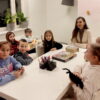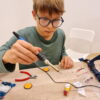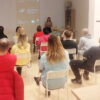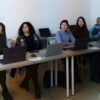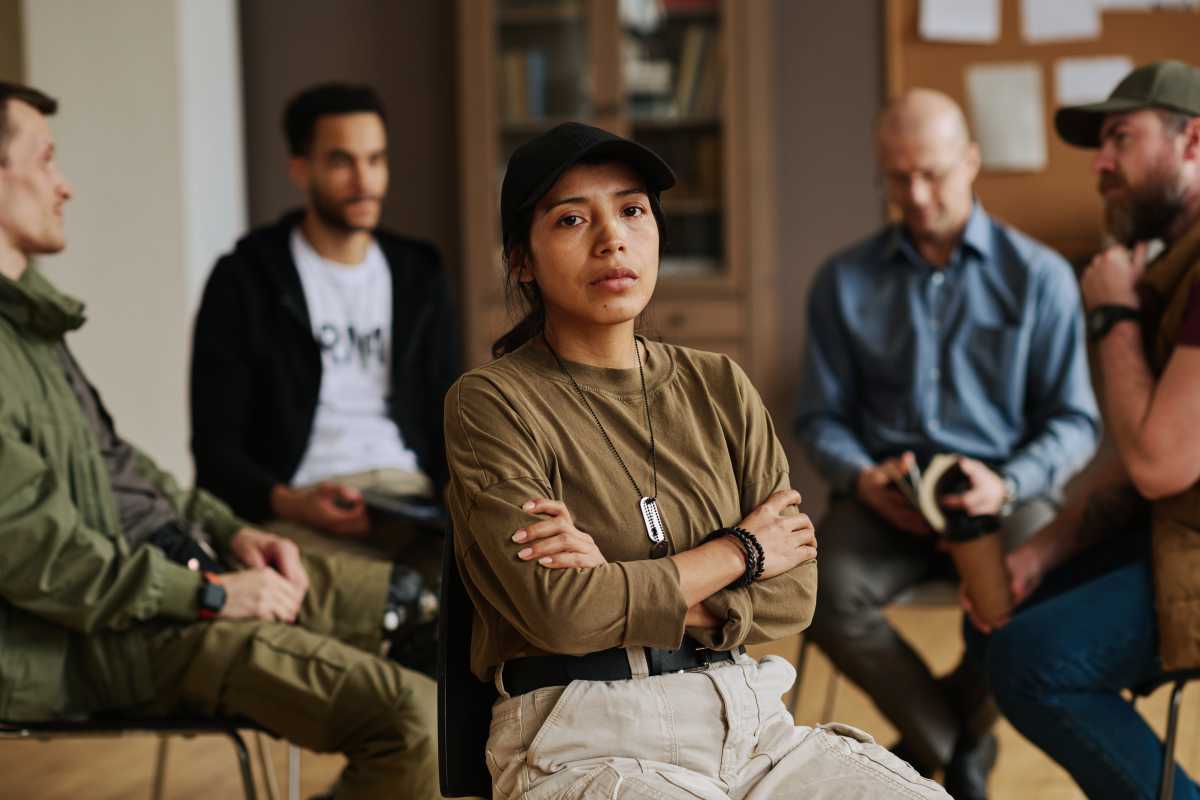
PROBLEM STATEMENT
Language knowledge is pivotal for migrants and refugees residing in a new country, serving as the cornerstone for their swift adaptation and integration into society. This necessity spans across all age groups, emphasizing not just the importance of fitting in but also the broader implications for personal growth and mental well-being.
For children from migrant and refugee backgrounds, access to language courses tailored to their needs can significantly ease their transition into the educational system of their new home. By acquiring the local language, they’re better equipped to follow the curriculum, engage with their peers, and fully partake in their schooling experience. This early integration is crucial for their academic and social development.
The elderly migrants and refugees face their unique challenges, with language knowledge acting as a vital tool against social isolation. For them, learning the local language is more than just a means of communication; it’s a bridge to the community, enabling them to connect with others and participate more actively in societal life.
Adult language courses, on the other hand, offer avenues for professional advancement. For many adults, acquiring language proficiency is directly linked to job opportunities, career development, and economic stability. These courses not only equip them with the necessary linguistic skills but also provide a sense of purpose and direction.
The advent of online language courses has democratized access to education, ensuring that even those in remote areas, individuals with disabilities, stay-at-home mothers, and others can benefit from language learning. This inclusivity extends the reach of educational programs, breaking down barriers that might otherwise hinder people’s ability to learn.
Psychological stability and a sense of security are profound benefits of learning the language of the country of residence. For migrants and refugees, speaking and understanding the local language means more than mere communication; it signifies belonging, protection, and the ability to navigate their new environment with confidence. This aspect of language learning is therapeutic, offering a semblance of normalcy and comfort in unfamiliar settings.
Children, in particular, find in language a key to unlocking a new world. Knowing the local language allows them to make friends, pursue interests, and feel at ease among their peers. This sense of belonging is critical for their emotional and psychological development, providing a solid foundation for their future in a new country.
Key POINTS
- Language knowledge facilitates the rapid adaptation and integration of migrants and refugees.
- Tailored language courses for children help them integrate into the school system and society.
- For the elderly, learning the local language combats social isolation.
- Language proficiency opens up professional growth opportunities for adults.
- Online language courses ensure education is accessible to everyone, regardless of their situation.
- Language learning offers psychological stability and a sense of security for migrants and refugees.
PROJECT GOALS
The comprehensive language program aims to tackle several key objectives, focusing on the holistic integration and well-being of migrants and refugees. At its core, the initiative seeks to facilitate adaptation and integration into the new society through language learning, recognizing the profound impact language proficiency can have on an individual’s ability to navigate their new environment.
Facilitating adaptation and Integration: the primary goal is to aid migrants and refugees in their adaptation and integration process. Language is a vital tool in understanding cultural nuances, engaging with the community, and accessing essential services, thereby easing the transition into a new life.
Integration into the educational system: for children and teenagers from refugee and migrant backgrounds, integrating into the country’s educational system is paramount. The program aims to provide the necessary language skills to help these young individuals thrive academically and socially, ensuring they can participate fully in school activities and curriculum.
Academic and social development: recognizing the importance of language in academic success and social integration, the program focuses on enhancing both the academic and social development of children and teenagers. This involves not just language instruction but also activities that promote cultural understanding and interpersonal skills.
Combating social isolation among the elderly: for older migrants and refugees, social isolation can be a significant issue. By offering language courses tailored to their needs, the program seeks to mitigate the effects of isolation, enabling them to connect with their communities and access vital resources and networks.
Democratizing access to education: a cornerstone of the initiative is the democratization of educational access. This means providing online and accessible language learning opportunities to individuals regardless of their geographic location, physical abilities, or life circumstances, ensuring that education is a right, not a privilege.
Inclusivity of educational programs: inclusivity is at the heart of the program’s design. The aim is to create an educational environment that welcomes all, regardless of their background, age, or learning needs. This approach ensures that each participant can benefit from the program in a way that best suits their individual circumstances.
Psychological stability and security: lastly, the program recognizes the psychological impact of migration and seeks to offer stability and a sense of security through language learning. By empowering migrants and refugees with the ability to communicate and understand their new surroundings, the initiative fosters a sense of belonging and confidence that is crucial for mental well-being.
Key POINTS
- Aid in adaptation and integration of migrants and refugees.
- Facilitate children’s integration into the educational system.
- Enhance academic and social development through language proficiency.
- Reduce social isolation among elderly migrants and refugees.
- Democratize and ensure inclusivity in educational access.
- Promote psychological stability and a sense of security through language learning.
IMPLEMENTATION METHODS
The comprehensive language program is designed with a variety of teaching methods to cater to the diverse needs and preferences of migrants and refugees. Each approach is carefully crafted to enhance language acquisition, cultural integration, and social engagement. Here’s how the program will be implemented:
Group language courses – these courses offer an immersive learning environment where participants can learn from instructors and each other. Group settings encourage interaction, practice, and the development of communication skills in a supportive and collaborative atmosphere.
Individual lessons – for participants who prefer a more personalized learning experience or require additional support, individual lessons provide tailored instruction that focuses on their specific language learning needs and goals.
Language conversation clubs – conversation clubs are informal gatherings where participants can practice speaking in a relaxed and friendly environment. These clubs help build confidence in language use, facilitate cultural exchange, and foster community among learners.
Practical sessions – practical language learning sessions are designed to teach language through real-life situations and activities. These may include outings to local markets, public institutions, or community events where participants can apply their language skills in practical contexts.
Group online classes – to ensure accessibility and inclusivity, the program also offers online group classes. These virtual classrooms allow participants to engage in language learning from remote locations, ensuring that geographical barriers do not hinder access to education.
Creation of informational, didactic, and methodological materials – the program will produce a range of learning materials in both print and digital formats. These resources are designed to support the language learning process, offering comprehensive guidance, exercises, and information to supplement classroom learning.
Development of educational videos – educational videos will be created to offer visual and auditory learning opportunities. These videos can serve as engaging supplements to traditional learning, providing explanations, demonstrations, and cultural insights that enhance the overall learning experience.
Key POINTS
- Utilization of both group and individual learning settings to accommodate different learning styles and needs.
- Engagement in practical language application through real-life activities and conversation clubs.
- Provision of a wide range of learning materials in various formats to support the learning process.
- Incorporation of technology through online classes and educational videos to extend access and enrich learning.
- Emphasis on cultural integration and social engagement as integral components of language learning.
OUR EXPERIENCE
Since the inception of our foundation, we have been dedicated to offering language courses in various formats to a diverse range of population groups, amassing vast experience in this domain. To date, we have successfully taught over 2,000 individuals, utilizing both offline and online course formats. Our instructors are highly qualified professionals with years of experience, fluent in at least two languages, and many have been recognized with awards for their methodological, didactic, and teaching achievements.
Our foundation boasts experience in conducting a wide array of courses tailored to meet diverse needs.
- Polish language courses for adult refugees and migrants;
- Polish language courses for children aged 6 to 12;
- Polish language courses for teenagers over the age of 13;
- Polish language courses for elderly refugees and migrants;
- Polish language courses aimed at preparing for job interviews and professional activities in a new linguistic environment;
- Conversation clubs;
- English language courses for adults designed to enhance qualifications and improve employment prospects;
- Teenage courses in Polish and English language to prepare for primary school graduation exams;
- Ukrainian and Russian language courses, which became particularly relevant in 2022 when, due to a crisis situation, Poland welcomed a large number of refugees from Ukraine, and the local community expressed a desire to learn to communicate with the newcomers to facilitate their entry into a new environment and assist in their rapid adaptation;
- English language courses for children and teenagers.
In our online sessions, especially for children, we utilize various educational platforms and adopt game-based learning approaches, proving effective in engaging children and ensuring a more enjoyable and efficient learning process.
Our comprehensive array of language courses reflects our commitment to supporting the integration and adaptation of migrants and refugees through education. By offering personalized language training to people of all ages and backgrounds, we aim to build bridges between communities, fostering mutual understanding and respect.
Key POINTS
- Extensive experience in providing language courses for various population groups.
- A team of highly qualified, multilingual instructors recognized for their achievements.
- A broad spectrum of language courses tailored to the needs of different age groups and purposes.
- Innovative approaches to online learning, especially for children, using educational platforms and game-based learning.
- A focus on language courses for immediate community needs, such as the Ukrainian and Russian courses offered during the influx of refugees in 2022.
FUNDS ALLOCATION
The funds received will be meticulously allocated to ensure the effective operation and success of our comprehensive language programs. Our commitment to delivering high-quality education and support to migrants and refugees necessitates a strategic approach to fund distribution, with a focus on transparency and accountability. Here is how we plan to utilize the funds.
Payment for specialist services: a significant portion of the funds will be directed towards compensating our qualified professionals, including instructors, methodologists, and teachers, who form the cornerstone of our educational programs. Their expertise is critically important in providing the high-quality language education our participants require.
Purchase of necessary materials: to ensure the seamless operation of offline courses and sessions, we will invest in the essential materials. This includes educational aids, books, and other resources crucial for effective learning.
Creation and distribution of informational materials: developing and disseminating printed and electronic informational materials are vital for enhancing the learning process and informing the community about our programs and resources. These materials serve not only educational purposes but also assist in promoting our initiatives to a broader audience.
Rental of premises: funds allocated for renting spaces to conduct offline courses are essential. Creating a conducive learning environment is crucial for the success of our participants. We provide them with a comfortable and well-equipped space for their language learning journey.
Payment for educational platforms: in today’s digital age, online learning platforms, electronic boards, and other digital tools and services play a key role in delivering our courses online. Funds will be used to ensure access to these modern educational technologies, allowing us to offer interactive and accessible language learning opportunities to participants, regardless of their location.
Administrative expenses: the effective implementation of our project involves certain administrative costs directly associated with the project’s execution. This includes operational expenses that support the daily management and administration of our language programs.
Our approach to fund allocation is designed to ensure that every donation contributes to making a meaningful impact on the lives of migrants and refugees. We aim to facilitate their integration and provide valuable language learning opportunities that open doors to new possibilities.
Notice: Test mode is enabled. While in test mode no live donations are processed.
